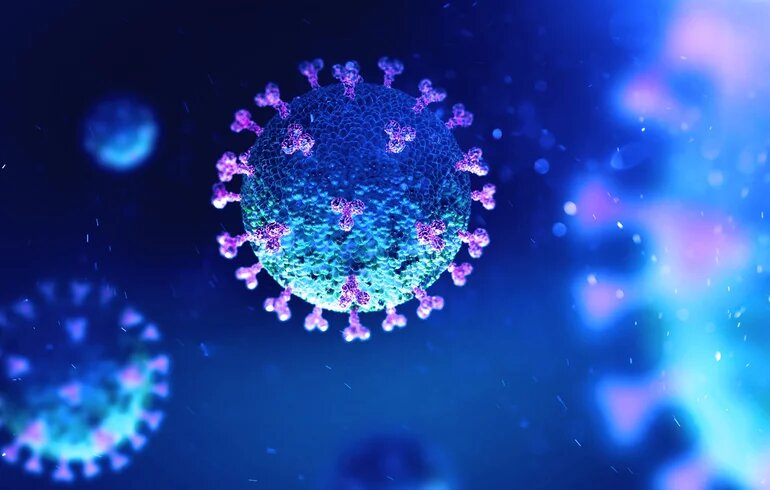In March 2020, a new coronavirus called SARS-CoV-2 appeared in Hungary, which has since caused lots of people to fall ill. The disease is called COVID-19 (coronavirus disease 2019). The most common symptoms of acute illness are fever, a dry cough, fatigue, loss of appetite, muscle pain, shortness of breath, a novel disorder of the sense of smell and taste, and a sore throat, nasal congestion, headaches, diarrhea, nausea, and vomiting often occur. For most people, these complaints disappear completely after recovery. In some cases, however, the complaints persist, recur over time, or you may experience symptoms you have not experienced before. A syndrome that persists for 3 months after the onset of the first symptoms is called Post-COVID syndrome.
Post-COVID clinic
Our Post-COVID clinic provides care to patients within the framework of an infectology clinic.
When should you visit a Post-COVID clinic?
If, 3 months after the onset of the first COVID-19 symptoms, the following complaints persist:
- fatigue, despondency
- dizziness
- difficulty thinking, concentrating
- depression, anxiety
- insomnia, sleep disturbance
- headaches
- sense of smell/taste disturbance
- runny nose
- sore throat
- palpitations, heart arrhythmia
- shortness of breath
- cough
- chest or back pain
- joint muscle pain
- numbness
- tinnitus
- fever, raised temperature
- sweating
- rash, skin symptoms
- queasiness, loss of appetite
- vomiting
- stomach ache
- diarrhea
- dry mouth
What happens during a Post-COVID examination?
The Post-COVID investigation begins with a detailed interview, during which we cover the patient's previous illnesses, medication, living conditions, and previous vaccinations. We review in detail the course of coronavirus infection, the dynamics of Post-COVID symptoms, the effect of the medication used, and the results of the studies performed so far. Depending on the nature of the complaints, we perform a targeted physical examination. If necessary, we perform additional laboratory and imaging tests, and seek the opinion of specialists in other fields in connection with the functioning of an organ system. Later, we follow the dynamics of the complaints, evaluate the obtained results, and carry out further investigations if necessary.
How to arrive for the examination?
The patient shall bring all their previous medical records for the first consultation, in particular the results of investigations into their current complaints.
